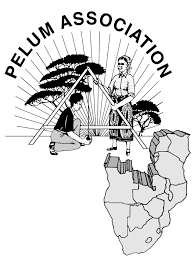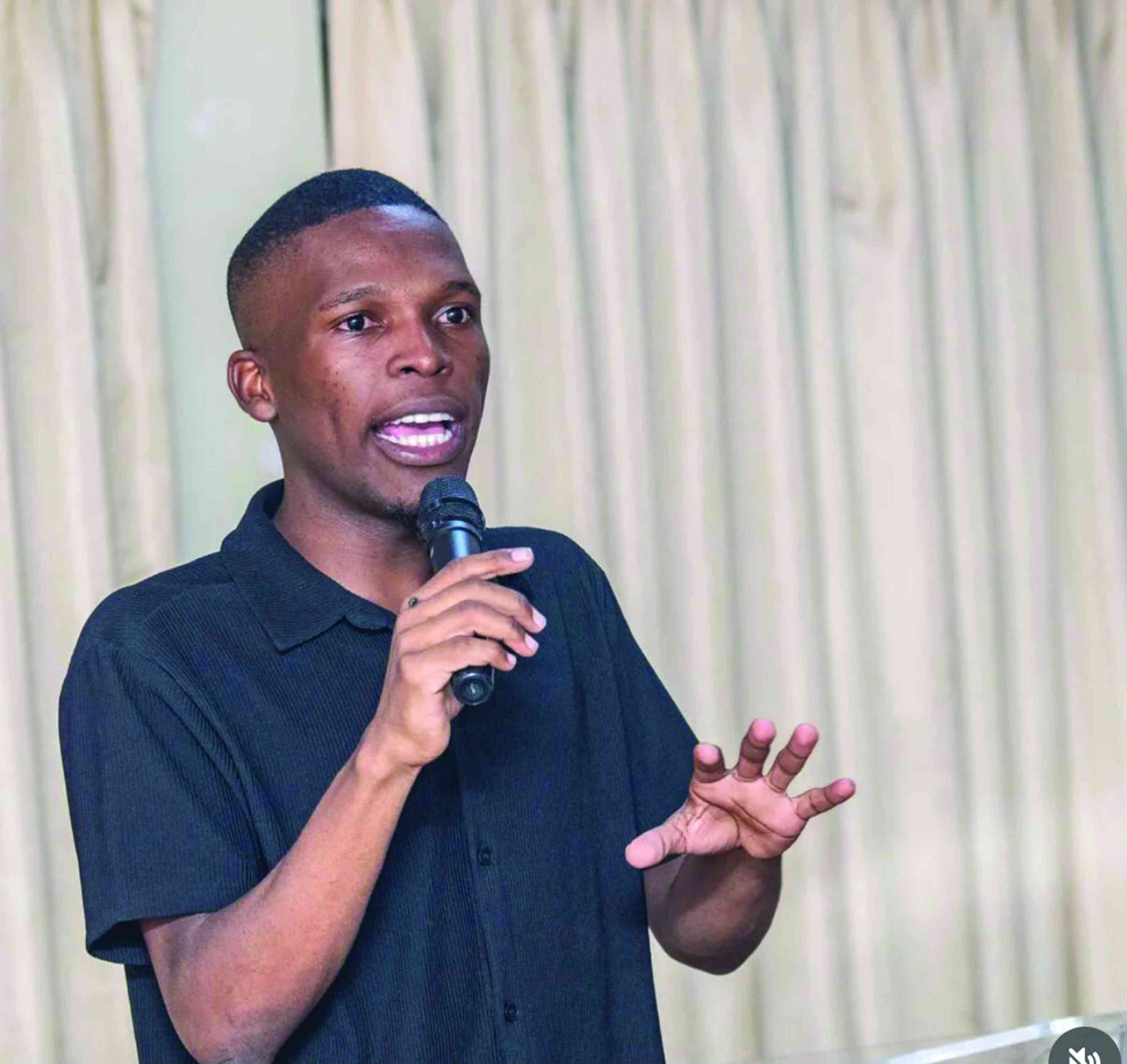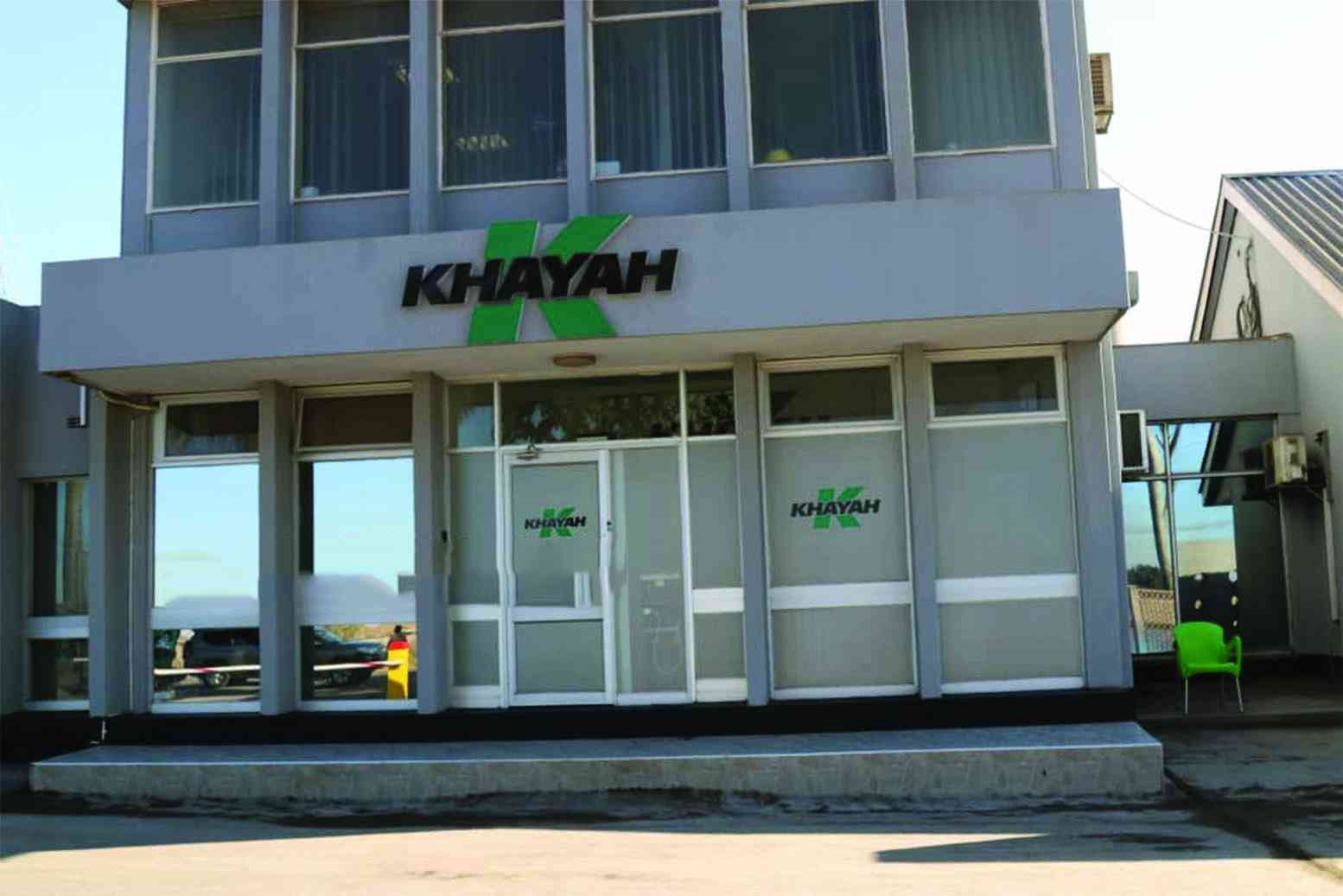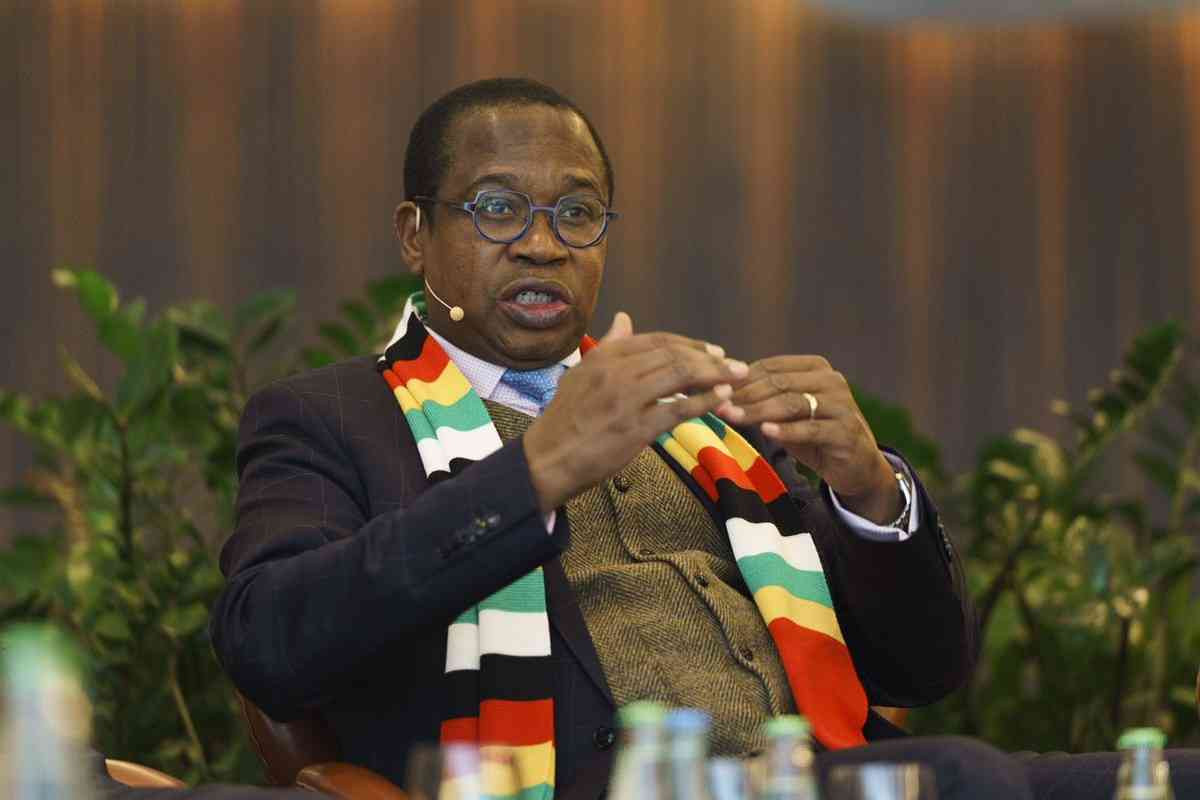
PELUM Zimbabwe, a network-based organisation that promotes agroecology, has committed to increasing efforts towards the protection of farmer-managed seed systems in the country.
Speaking at a validation meeting on guidelines for developing a sui generis system for seed protection, programme coordinator Theophilus Mutsindiko highlighted the importance of safeguarding traditional seed practices.
"We are conscious of the need to avoid imposing stringent policies that could burden farmers," Mutsindiko noted.
"Our goal is to create a system that allows farmers to continue their seed-saving, exchanging, and trading practices without any obstacles, while ensuring that their seeds are recognized and supported by policy.
"For over nine years, PELUM Zimbabwe has been working under the Zimbabwe Seed Sovereignty Programme to ensure that small-scale farmers' seeds, which have been passed down for generations, receive formal recognition.”
The validation meeting followed research conducted by Claid Mujaju from the Ministry of Agriculture’s Department of Research and Seed Specialist Services.
His consultations across five districts gathered input from small-scale farmers, local government, and PELUM Zimbabwe members on what they need for the recognition and protection of farm-saved seeds.
Mujaju presented evidence gathered from smallholder farmers across five provinces, revealing their reliance on these seeds, especially for traditional grains and legumes.
- Farmers urged to venture into agroecology
- Safeguard traditional seeds, farmers urged
- Shurugwi farmers benefit from Pelum Zimbabwe land initiative
Keep Reading
“Women are the primary custodians, handling about 62% of seed exchanges. Farmers expressed a desire for their varieties to gain formal recognition, allowing them to commercialize and improve their livelihoods, aligning with Vision 2030.
“However, they face challenges like inadequate seed storage and need government support for better infrastructure and localized certification,” said Mujaju.
He urged farmers to document their varieties and work together to preserve their seed banks.
One of the farmers under PELUM, Simbisayi Machava of Mwenezi ward 3, said: “We learnt also about value addition and challenges that other farmers have been facing as well as how to fight those challenges, especially pests and birds that feed on our seeds.”
Meanwhile, Lloyd Ruvengo, also from Mwenezi said agroecology has helped them positively as they are now able to feed their families.











